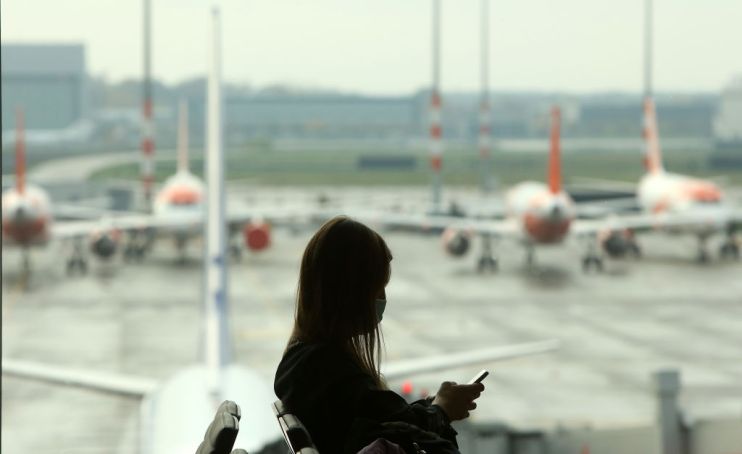Mobile roaming: Will I be charged for using my phone in the EU after Brexit?

Since 2017, Brits travelling in the EU have been able to enjoy using their mobile phone without racking up any additional roaming charges.
The UK has now secured a post-Brexit trade deal with the bloc, ensuring a smoother transition after the transition period ends on 31 December.
But Cabinet Office minister Michael Gove this week warned there would still be some disruption, and warned Brits to check possible roaming charges with their mobile providers before travelling.
So will mobile users now be charged to use their minutes, texts and data abroad?
Will roaming charges return?

Under EU laws, consumers have been able to use their mobile phones in other member states with no additional charges — provided they stick to fair use policies.
During the transition period, which started on 31 January this year, these rules have remained in place. But once the transition ends on 31 December, they will no longer apply.
What’s more, the post-Brexit trade deal does not guarantee free mobile roaming throughout the bloc.
This means that mobile operators could introduce fees for Brits using their phone in EU countries.
However, the agreement urges providers to charge “transparent and reasonable rates” for roaming.
The government has already put some safeguards in place to ensure consumers are not charged extortionate rates. These include:
- A £45-per-month cap on data roaming charges before customers are required to opt in for further use
- Operators must inform customers when they have reached 80 per cent and 100 per cent of their data allowance
- Operators must take “reasonable steps” to ensure customers are not charged for accidental roaming in Northern Ireland (e.g. if a phone connected to a signal originating in the Republic of Ireland)
The government has told consumers to check with their operator for any potential new charges.
What have the mobile operators said?

The changes mean the onus is on the mobile operators to decide whether or not to introduce roaming charges for EU customers.
But just because the companies are now able to hike fees, it doesn’t mean that they will.
All four UK networks — O2, Vodafone, EE and Three — said they had no plans to introduce roaming charges.
This means Brits can keep using their phones without the worry of hefty bills. However, there is no guarantee that they will maintain this policy indefinitely.
“Our customers enjoy inclusive roaming in Europe and beyond, and we don’t have any plans to change this based on the Brexit outcome,” an EE spokesperson said. “So our customers travelling to the EU will continue to benefit from inclusive roaming.”
O2 said: “We’re committed to providing our customers with great connectivity and value when they travel outside the UK. We currently have no plans to change our roaming services across Europe.”
A spokesperson for Vodafone said the company had no plans to introduce roaming charges.
Three said: “Three is the global leader in international roaming and already offers roaming at no extra cost for its customers in over 70 destinations including the US, Australia and New Zealand. We will retain this great customer benefit regardless of Brexit negotiations allowing our customers to continue using their phones when they travel within the EU.”